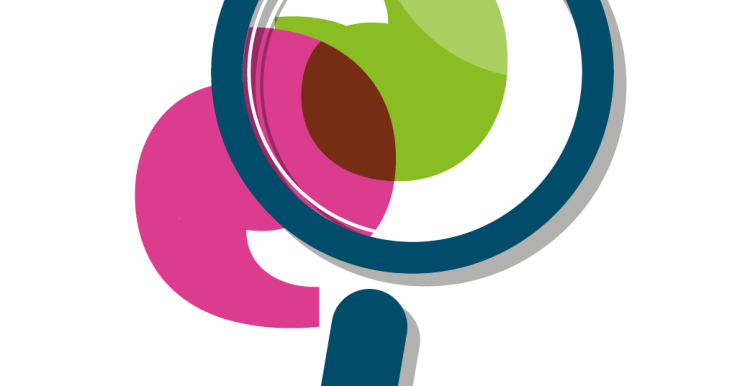Black Country Questions for the BC ICB FOI/EIR 1143 National Policy & Holding ICBs to account

DENTISTRY
1. Have you published a local oral health strategy? If not, when do you expect this to be completed?
No but a draft dental strategy is under development at a West Midlands, regional level. This will require review and agreement by all the relevant committees & board across the system. Where patient, public and stakeholder involvement is necessary, details of how to get involved and what is open to influence will be communicated via the Black Country Integrated Care Board (ICB) website, through our Get Involved database and directly with trusted partners and statutory bodies such as local Health Overview and Scrutiny Committees (HOSC).
2. Do you have a dental representative on the ICB board?
No. However, we do have a Chief Medical Officer (CMO), Dr Ananta Dave, who brings experience and perspective to the Board through regular discussions with local dental colleagues including regional leads and the ICB Chief Medical Officers (CMOs) in the region.
3. What steps are you taking to ensure that the NHS dental website details which Dentists are accepting new patients are up to date in your area?
The Office of the West Midlands are working with our contractors to ensure this is in place. (The office of the West Midlands describes the ‘Pharmacy, Optometry & Dentistry’ (POD) commissioning team, that works on behalf of the six West Midland ICBs.
4. Are you taking any specific measures on dentistry to target health inequalities?
Yes. An equity audit has just been completed and will be analysed shortly. This will underpin future commissioning decisions.
5. If you a forecasting a dental budget underspend, what is your approach to reallocating this?
We are not forecasting an underspend.
PRIMARY CARE
6. Are you experiencing GP practice upgrade and new build challenges due to rising construction costs? Will this impact on primary care access?
The Black Country ICB and GP Practice providers are experiencing difficult challenges in undertaking improvements, extensions, reconfigurations and new buildings due to the high cost of construction and requirements to meet sustainable development, the higher borrowing rates and high land values. This should not impact patient access in the short term due to the close collaboration of all primary care providers, trusts and the ICB, added to the measures the ICB is taking to increase capacity across the Black Country area.
7. How far advanced is your system in moving GPs onto digital phone systems?
All our GP practices have a digital phone system. We are now working with practices to ensure that they have the full functionality in place including call queuing and call back options.
8. What measures are being taken to ensure that patients can easily find out which services (including those under Pharmacy First) are offered by their local pharmacies? How is Pharmacy First being promoted to all demographic groups?
a. Every Pharmacy has been provided with posters to display in their pharmacies to promote the fact they offer the Pharmacy First Service
b. Every Pharmacy has had to update its Directory of Services profile to ensure it includes the offer of the Pharmacy First service
c. Every Pharmacy offering the service is listed on the BC ICB website: Your local pharmacy :: Black Country ICB
d. We are working on a "What a good health promotion/health living area?" looks like in a pharmacy to include how to promote all the Improving, Capacity and Access and Recovery Plan services.
e. Every GP practice is being sent a list of all the pharmacies in the Black Country and all the services they offer.
f. We are asking pharmacies and GP practices to put some messaging on their telephone hold messaging to promote the service whilst the patient is waiting on the phone.
g. We will be launching the second phase of the NHS Ambassadors scheme in Autumn 2024. Trusted voices will be recruited to carry and disseminate key health and care messages into their communities. Other potential options being considered include:
· Request this information is displayed on the NHS App, similar to the oral contraceptive and vaccination pharmacies.
· Ask pharmacies to promote the service on their own websites.
· Ask Local Pharmaceutical Committees to promote the service via their websites.
9. Following the Fuller Stocktake, have your PCNs evolved into integrated neighbourhood team (INTs)? Are there plans to engage local Healthwatch as part of INT development?
Neighbourhood-level Integrated Care Teams are a key component of our Future Primary Care in the Black Country 5 Year outline transformation strategy. The strategy so far has been influenced by a wealth of local insight, including Healthwatch reports. As part of our approach to involving people, our communities and stakeholders to further inform the development of the strategy we will be looking to undertake a public conversation. This important phase of patient, public and stakeholder involvement will allow us to explore and test key proposals and bring people/patients and our workforce along on the journey of transformation. This important phase of patient, public and stakeholder involvement will allow us to explore and test key proposals and bring people/patients and our workforce along on the journey of transformation.
Our current position around integrated neighbourhood teams is detailed below by place:
Walsall
· Has started a strategic priority to develop Integrated Neighbourhood Teams. These will be based on PCN footprint, with the emphasis on a “neighbourhood NHS”.
· We are currently at the early stages of mapping services and will then proceed to involve wider stakeholders, as part of the strategy plans Black Country Future Primary Care Transformation Programme
Accessible Information Standard
10. What engagement have you had with the NHS England AIS review?
The ICB has reviewed all the provider policies for Accessible Information Standard (AIS) through our Contract Quality Review Meetings (CQRMs). A working group has now convened to scope contract specification for the re-procurement of translation and interpreter services. Providers and the ICB are working with their respective communication teams on a consistent set of messaging about access and to ensure that different needs are met. This includes a centred library of health information in accessible formats including British Sign Language (BSL), which was co-produced with a local deaf community group.


